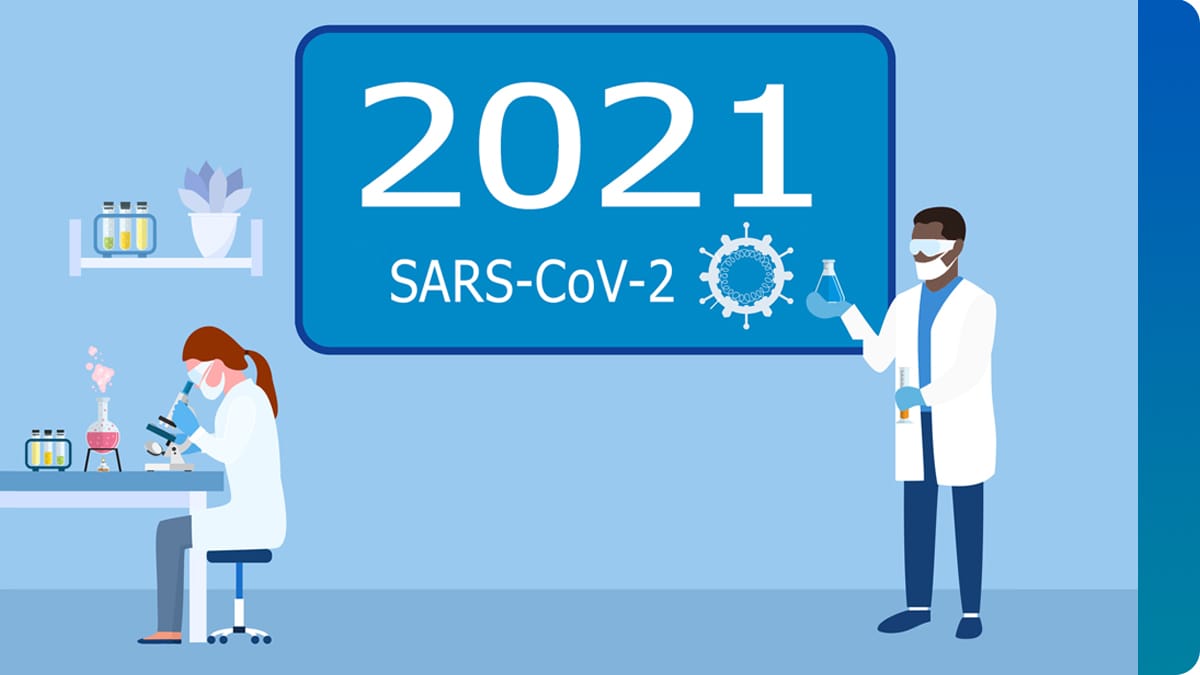What to know
The University of Wisconsin—Madison analyzed data of variants emerging in two Wisconsin regions (Dane County and Milwaukee County) with different demographics and various levels of socioeconomic vulnerability and demonstrated that vaccinated individuals can transmit SARS-CoV-2.

Findings on SARS-CoV-2 variant characteristics
This project:
- Provided data on the impact of vaccines in community transmission. Awarded in 2021, the study focused on subpopulations who were at increased risk for immune failure and/or in whom cases of immune failure may have been most likely to be contracted1:
- healthcare workers;
- those who were infected despite vaccination; and
- people living in high-density settings (prisons, homeless shelters, etc.)
- healthcare workers;
- Described evolution and development of a spike protein mutation during persistent infection with SARS-CoV-2.
- Found that vaccinated individuals infected with Delta variants are capable of shedding infectious SARS-CoV-2 and can play a role in spreading COVID-192
New SARS-CoV-2 dashboards and websites
This project contributes to the state of Wisconsin SARS-CoV-2 (hCoV-19) Genomic Dashboard providing real-time results of genomic surveillance activity (https://dataportal.slh.wisc.edu/). In addition, the monthly Milwaukee Health Department Laboratory Clinical Laboratory Update includes SARS-CoV-2 sequencing surveillance data (https://city.milwaukee.gov/Health/Services-and-Programs/healthlab/monthly-Confirmed-Infections-R)
